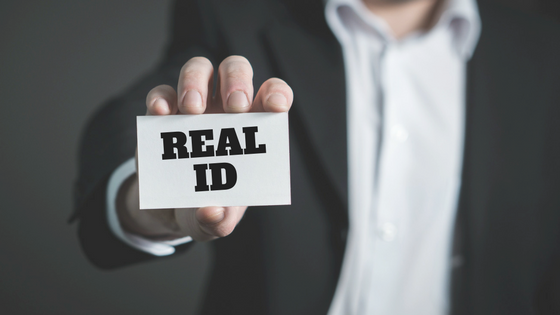Here are resources for those affected by the current California fires. We will update this list as new information becomes available:
 In 2017 Morrison & Foerster created the free 2017 Northern California Wildfires Helping Handbook. The Handbook provides general and practical information for people, small businesses, and other organizations affected by the fires, and covers many issues including FEMA, consumer fraud, housing, employment, SBA loan assistance, and insurance. There is also a chapter on Lawyer Referral Services and Legal Aid if you find you need further information or assistance.
In 2017 Morrison & Foerster created the free 2017 Northern California Wildfires Helping Handbook. The Handbook provides general and practical information for people, small businesses, and other organizations affected by the fires, and covers many issues including FEMA, consumer fraud, housing, employment, SBA loan assistance, and insurance. There is also a chapter on Lawyer Referral Services and Legal Aid if you find you need further information or assistance.
This handbook is current through October 20, 2017, and a Spanish version is here. Check back in at www.mofo.com/norcal-fires for updates. You can download a copy of the handbook: 2017 northern-ca-fires-helping-handbook. There is also the 2017-2018 Southern California Helping Handbook, also in Spanish.
The firm is part of the Bay Area Resilience Collaborative, which provides free legal information to California fire survivors. Information on other free or low-cost legal aid and resources can be found here:
- State Bar of California
- LawHelpCA.org
- OneJustice
- Bay Area Legal Aid
- CA Governor’s Office of Business and Economic Development (for business owners)
For general information about the fires:


 In honor of
In honor of  The first major challenge to cannabis cultivation regulations has
The first major challenge to cannabis cultivation regulations has  California will offer REAL ID cards beginning January 22, 2018. Do you need a REAL ID card? Here are the answers to common questions about REAL ID.
California will offer REAL ID cards beginning January 22, 2018. Do you need a REAL ID card? Here are the answers to common questions about REAL ID.